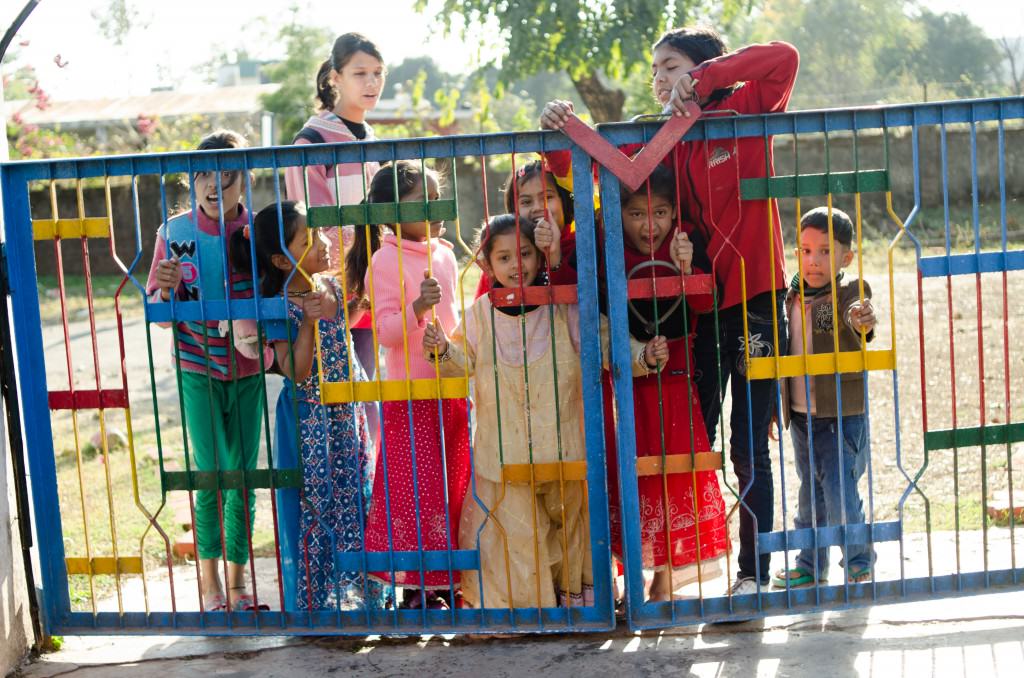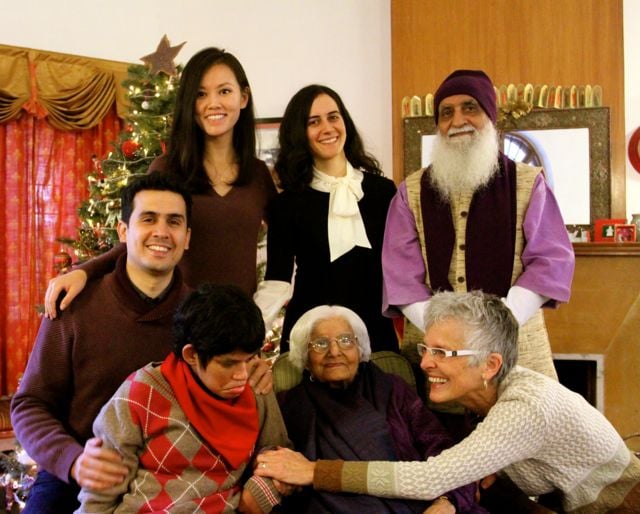The random yet comprehensive range of recent terrorist attacks is what makes them so chilling. They could happen – literally – anywhere. An airport, a train station, a night club for gays, a night club for straights, a night club for teenagers; a concert, a fireworks display, a city bus. The plane you are flying in could drop suddenly from the sky. Don’t think prayer will get you out alive because you could well be attacked in a church, a temple or a mosque. Don’t try and protest anything because they’ll get you at the demonstration. And if you have a disability, don’t imagine your vulnerability will win you any sympathy votes: someone is prowling the corridors right now and he’s looking for you.
One of the most poignant stories from the massacre in Dhaka involved the father of the 19 year old Indian girl who was slaughtered right towards the end of the sickening event. He was standing outside the restaurant for the whole night, just yards away from where his daughter was cowering in a bathroom yet he was unable to do anything to save her. Like any parent anywhere in the world, he would willingly, happily, have put himself between her and danger and for most of his vigil she was actually still alive . . . but he never had that option. The area was cordoned off, the police were in charge and he had no choice but to wait for the whole horrifying nightmare to play out.
He embodied literally the terrible situation we all believe ourselves to be in these days: as if we stand on a precipice each time we venture out of our homes; as if danger lurks around every corner, as if our children – especially our 21st century children who seem to be in constant motion, always calling from yet another airport, always visiting yet another city – are trapped, fragile and unlikely to make it through the night. We are simply waiting for our turn to come.
We are right to be worried. But we are worrying about the wrong things. And the reason for that is that we are listening to the wrong people and paying attention to the wrong information. If Donald Trump and most of the mainstream media are your source of news, then terrorism will be your worst fear and panic, anxiety and free-floating distress your dominant emotions.
But a simple glance at the data, culled from neutral, reliable sources, should calm us right down.
According to the US State Department, in 2015, terrorist events were down 13% from the previous year. And while over 28,000 people did lose their lives in horrible circumstances, that number is actually miniscule in terms of the world’s total population. Indeed, according to 2011 data, the chance of any single individual (you, for example, or your child) being killed in a terrorist attack is around one in 20 million.
What should we be afraid of? Hunger and malnutrition kill 3.1 million children under five every year. Vaccine preventable diseases claim the lives of 2.5 million children under five die every year. Climate change. Three times as many people are killed each year in natural disasters as in terror attacks. Since 2000, climate related disasters are up 44% from the previous decade and the fallout for the world is unprecedented in terms of human suffering. As crops fail due to both drought and flooding, mass migration becomes routine – the refugee crisis currently being felt throughout Europe is directly related to climate change. People simply cannot continue to live in areas where they cannot grow food, find clean water or build homes. Scarce resources automatically escalate violence and armed conflict. These are all issues we can do something about.
But it doesn’t serve the agenda of businessmen like Donald Trump or corporations like Dow Chemical or the thermal power companies for us to think too much in this direction. Which is why 2013 will be remembered more for the Boston Marathon terrorist attack which killed five and injured 264 than for the Uttarakhand landslides which killed over 6000, stranded 100,000 and wiped out scores of villages, leaving thousands homeless and unemployed. These landslides were directly related to hydro-electric power plant construction along Uttarakhand’s rivers and are just one example of what Trump style development has in store for the world if allowed to continue unchecked.
The Brexit decision, the US elections, the European refugee crisis, and simmering Hindu-Muslim tensions and upper caste conflict with dalits here in India all mean that we can expect misdirection and fear-mongering to continue and perhaps even step up precipitously in the coming months. We will be encouraged to keep feeling nervous about travel, public places and large events. We will be given guided tours of every terrorist attack with blow-by-blow details of how it all came down. We will be shown numerous instances of refugees arriving en masse and creating intolerable burdens in their host countries. We will be encouraged to feel by turns helpless and victimized and then outraged, jingoistic and patriotic. Us and them. Black and white. Those who belong and those who don’t.
Donald Trump Philosophy in a nutshell (nuts are the ones who live in nutshells, BTW). But he’s not alone. Like all strongmen (Putin, Modi, Erdogan – the list is long and growing), Donald Trump thrives on instilling fear in his followers and then nurturing false assurances that only he can protect them from the threatening dangers of those “others” who are out to get them.
It isn’t actually like that at all. We are human beings, first, last and always. We all breathe, bleed, sleep and grieve the same way. We all love our children the same way. We all want to protect them and see them go ahead of us into their own peaceful futures.
Hillary Clinton is not perfect. Indeed, she would be the first to admit that she is far from it. But she is human, and recognizably so. She is willing to reach out across the gulfs that seem to divide us and say “Hang on a moment. We have more in common than either of us realize. Let’s talk.” Old, young, fit, disabled, woman, man, whatever religion, whatever race: we are – essentially – the same. Let’s talk.
When my husband and I were filling out our applications for a marriage license, in the space for “Race”, I dutifully wrote: Caucasian. Ravi? He wrote: Human.
That’s what unites us.




Thank you! Almost every Sunday, after yet another terrorist attack or police shooting, my pastor addresses it in her sermon. That emphasis at those moments has made me feel I must carry my hat in hand about speaking about climate change and against business-as-usual exploitation of the earth for energy. You clearly point out the devastating human conflict and suffering that is associated. Your words will help me to sharpen my talking points so I will have more courage to inspire others to live more lightly on the earth, and to act to influence public policy to that end.